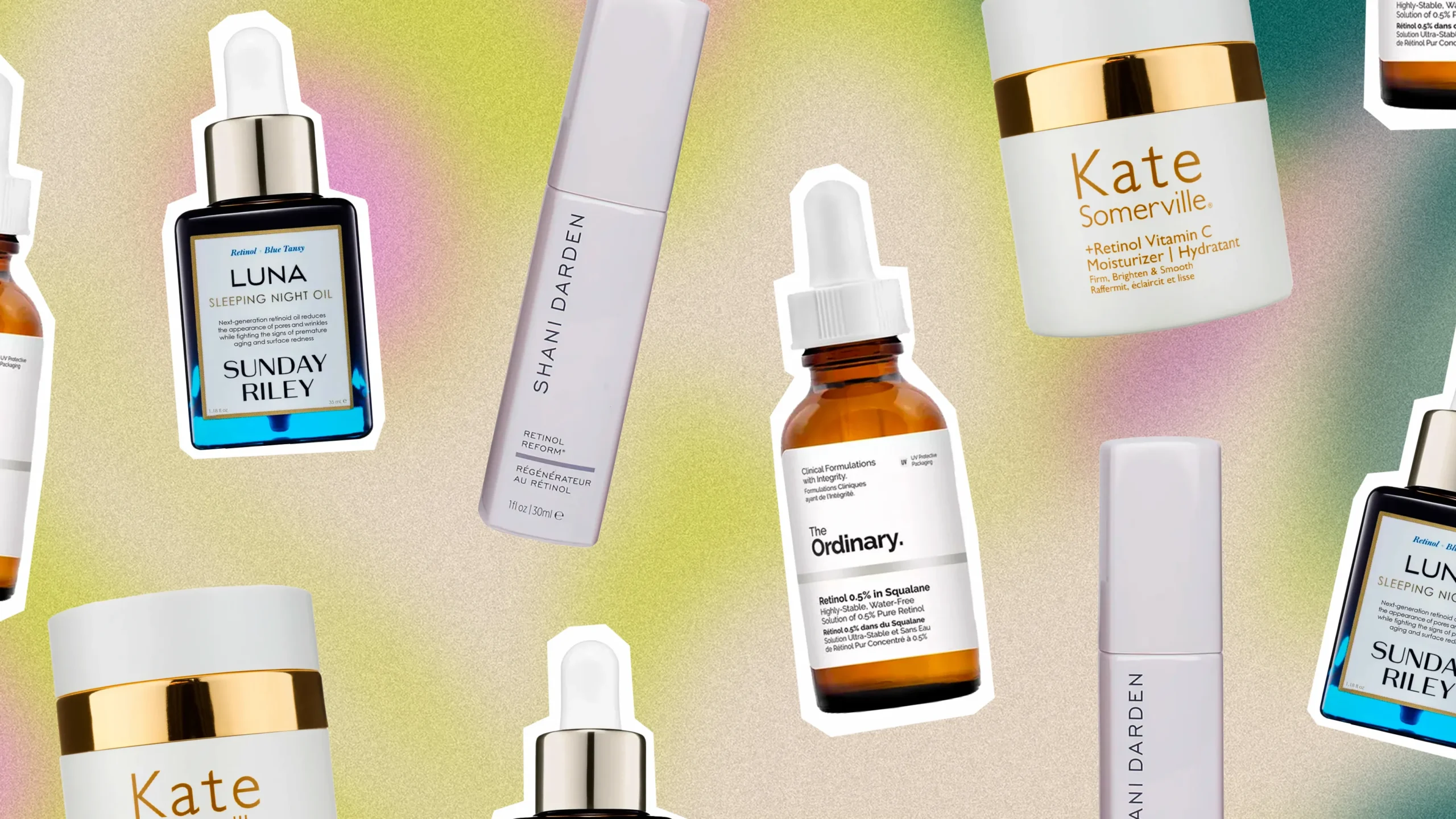Retinol, a derivative of vitamin A, has gained a reputation as a skincare powerhouse. Known for its ability to address various skin concerns, including acne, fine lines, and uneven skin tone, retinol is a favorite among dermatologists and skincare enthusiasts alike. However, with its popularity comes a myriad of questions about its safety and efficacy. Is retinol safe for all skin types? What are the benefits, potential side effects, and the best practices for incorporating it into your skincare routine? This article delves deep into the world of retinol to provide you with comprehensive insights.
Understanding the science behind retinol is crucial. It works by promoting cell turnover, which helps to exfoliate the skin and reveal a fresher complexion. By stimulating collagen production, retinol can also enhance skin elasticity and firmness. However, its potency can lead to irritation, especially for those new to retinoids or with sensitive skin. As such, it’s essential to approach retinol use with knowledge and care.
Whether you’re a seasoned user or contemplating your first application, knowing how to use retinol properly can maximize its benefits while minimizing side effects. In this article, we’ll cover the safety of retinol, its advantages, possible adverse reactions, and expert tips on how to incorporate it effectively into your skincare regimen.
Understanding Retinol and Its Benefits
What is Retinol?
Retinol is a form of vitamin A that is commonly found in over-the-counter skincare products. Unlike prescription retinoids, which can be stronger and more irritating, retinol is milder and suitable for various skin types. It converts to retinoic acid in the skin, which is the active form that delivers the benefits.
Benefits of Retinol
- Improves Skin Texture: Retinol helps to smooth out rough patches by accelerating cell turnover.
- Reduces Fine Lines and Wrinkles: By stimulating collagen production, retinol can minimize the appearance of aging.
- Treats Acne: It unclogs pores and reduces acne lesions, making it beneficial for oily and acne-prone skin.
- Fades Hyperpigmentation: Retinol can help lighten dark spots and even out skin tone.
- Enhances Radiance: Regular use promotes a brighter and more youthful complexion.
Retinol’s multifaceted benefits make it a staple in many skincare routines. According to the American Academy of Dermatology, retinoids can improve skin health significantly when used correctly. For more detailed information on the benefits of retinol, visit AAD.
Potential Side Effects of Retinol
Common Side Effects
While retinol offers numerous advantages, it can also cause some side effects, particularly for first-time users. Common issues include:
- Redness and Irritation: Initial use may result in mild redness, especially for sensitive skin types.
- Dryness and Peeling: Increased cell turnover can lead to flakiness and dryness.
- Sun Sensitivity: Retinol can make the skin more susceptible to sun damage, necessitating diligent sun protection.
Managing Side Effects
Understanding how to manage these side effects is crucial for a successful retinol experience:
- Start Slow: Begin with a lower concentration and apply it every few nights to build tolerance.
- Hydrate: Use a good moisturizer to mitigate dryness and flakiness.
- Sunscreen: Apply a broad-spectrum sunscreen daily to protect your skin from UV rays.
Consult with a dermatologist if you experience severe reactions, as they can provide personalized recommendations.
How to Incorporate Retinol into Your Routine
Choosing the Right Product
Selecting the right retinol product is vital. Look for formulations that include:
- Concentration: Start with a lower concentration (0.25% to 0.5%) before progressing to higher strengths (1%).
- Formulation: Consider whether a cream, serum, or oil suits your skin type best.
Application Tips
- Cleanse: Start with a clean face to ensure maximum absorption.
- Pea-Sized Amount: Use a small, pea-sized amount for the entire face to avoid over-application.
- Layering: If using other active ingredients (like AHAs or BHAs), apply them on different nights to minimize irritation.
Timing Your Application
- Evening Use: Retinol should ideally be applied at night, as sunlight can degrade its effectiveness.
- Follow-Up: Allow the product to absorb before applying moisturizer to lock in hydration.
Retinol for Different Skin Types
Oily and Acne-Prone Skin
For those with oily or acne-prone skin, retinol can be particularly beneficial due to its ability to unclog pores. Regular use can significantly reduce acne breakouts and post-inflammatory hyperpigmentation.
Dry or Sensitive Skin
Individuals with dry or sensitive skin should approach retinol with caution. Consider starting with a lower concentration and incorporating a hydrating serum to counteract dryness.
Aging Skin
For mature skin, retinol can help improve elasticity and reduce the appearance of fine lines. A consistent regimen can yield noticeable results over time.
The Importance of Patch Testing
What is Patch Testing?
Patch testing involves applying a small amount of the product to a discreet area of skin, usually on the inner arm, to check for adverse reactions.
How to Perform a Patch Test
- Apply a small amount of retinol.
- Wait 24-48 hours to observe any irritation or allergic reaction.
- If no reaction occurs, it’s generally safe to proceed with full application.
Why Patch Testing Matters
Conducting a patch test can prevent potential irritation and allow you to gauge your skin’s tolerance, ensuring a smoother retinol journey.
Conclusion
In summary, retinol is a powerful skincare ingredient that offers numerous benefits, from improving skin texture to combating signs of aging. However, it’s essential to use it with care to avoid potential side effects. By understanding your skin type and starting slowly, you can incorporate retinol effectively into your skincare routine.
Always consult with a dermatologist to tailor your approach and ensure that you reap the maximum benefits of this transformative ingredient. With the right knowledge and practices, retinol can be a valuable addition to your skincare arsenal.









